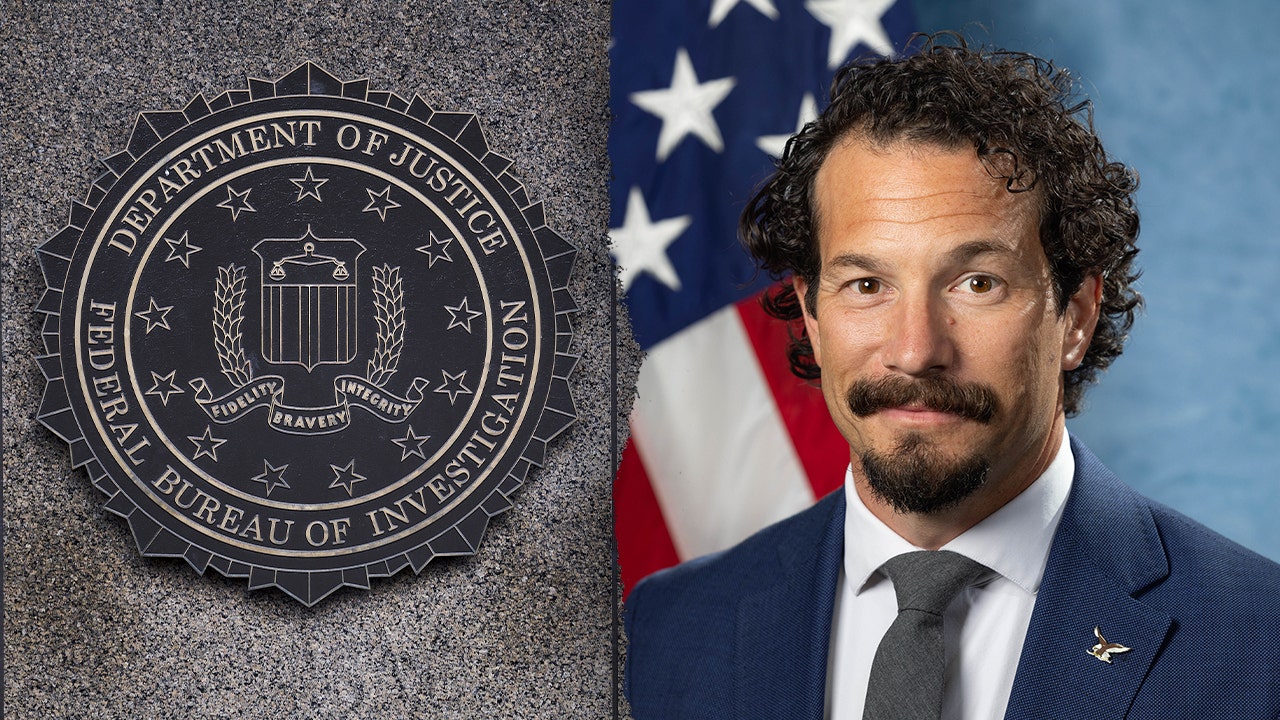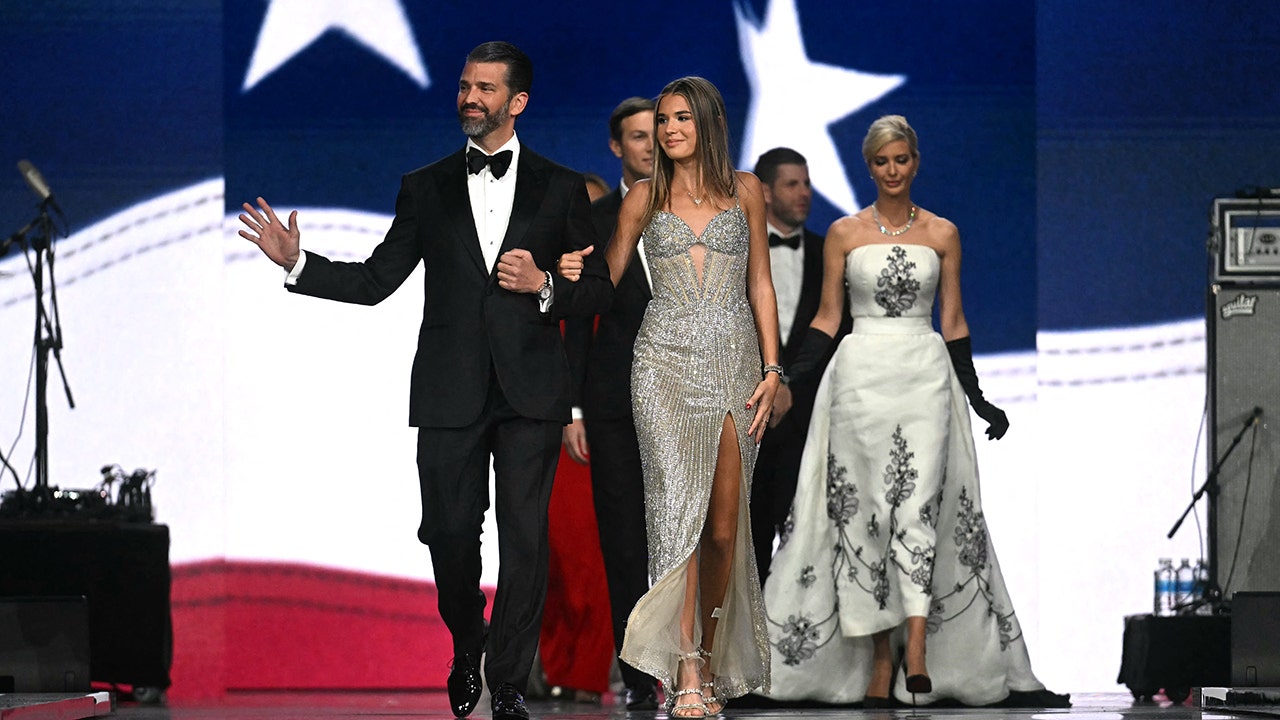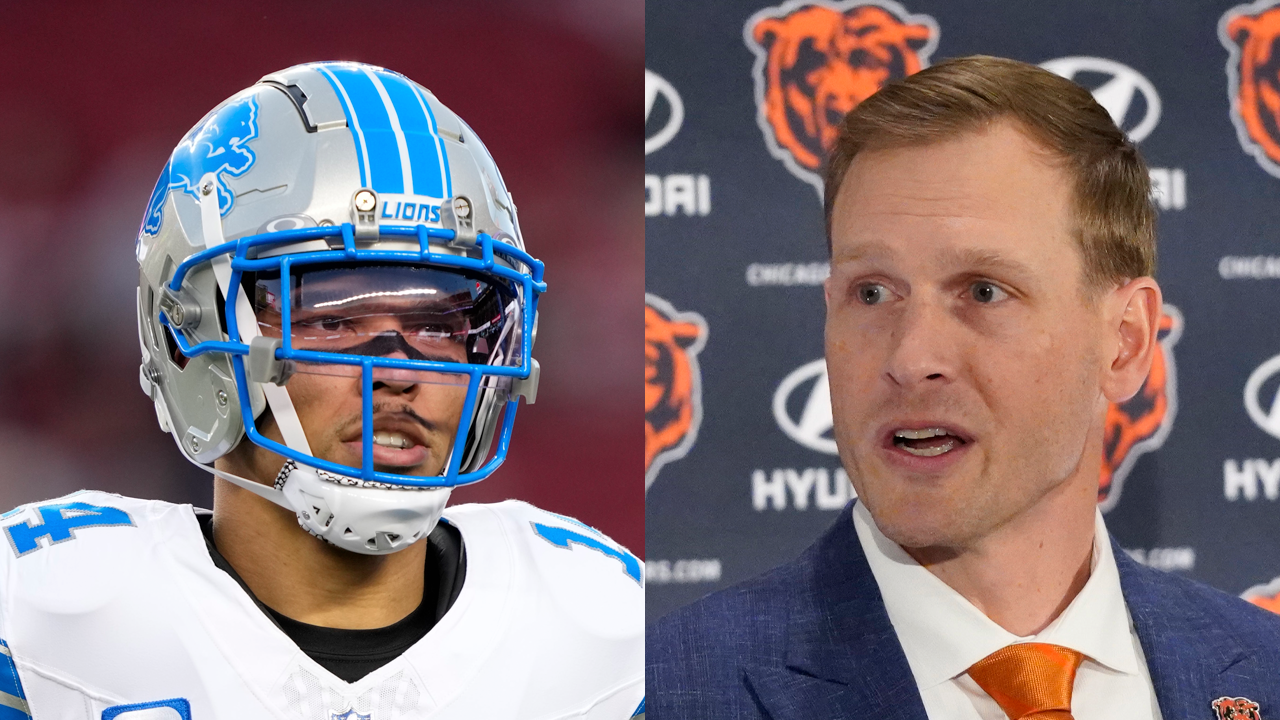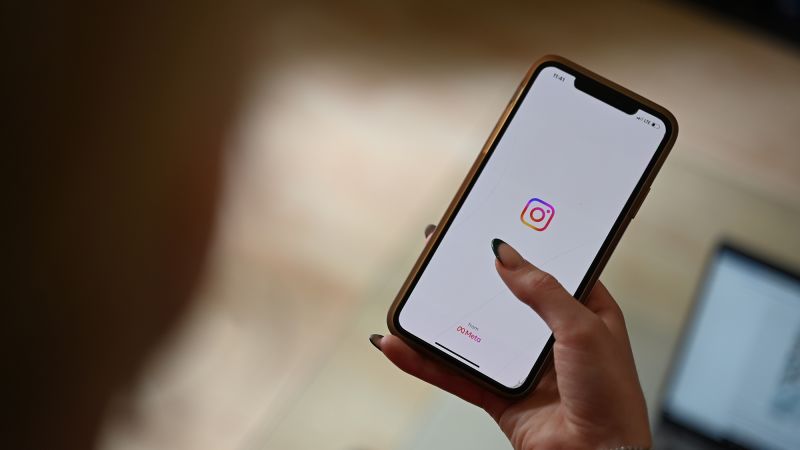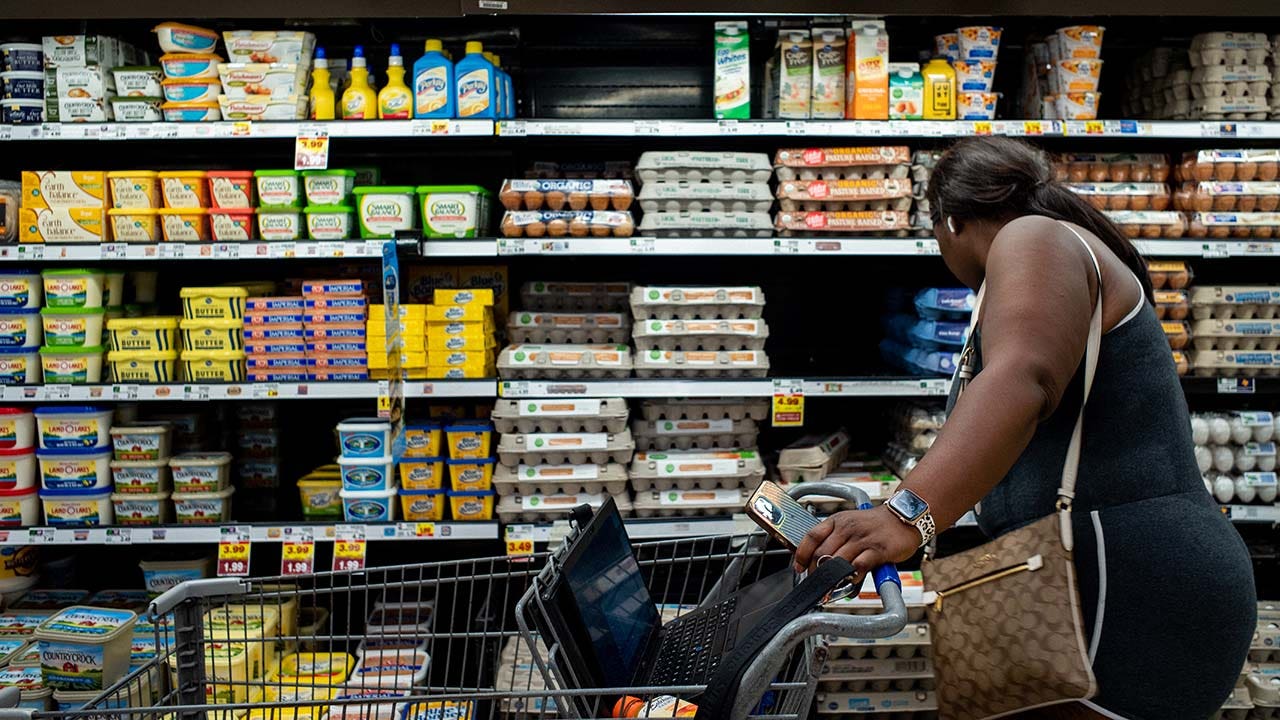New York
In his first few days back in office, President Trump is talking about TikTok entirely as a deal making exercise, dropping all of his previously expressed concerns about Chinese influence and American national security.
Trump has rhetorically repositioned the US law banning TikTok as a big business opportunity. “I have the right to make a deal,” he told reporters Tuesday. With American involvement, he asserted, TikTok could be worth “a trillion dollars.”
Importantly, he also said he would be open to his tech mogul allies Elon Musk or Larry Ellison taking over the video platform. Of course, that would require ByteDance, the Beijing-based owner of TikTok, to agree and the Chinese government to approve a sale.
Some analysts believe ByteDance will do so, arguing that TikTok’s fate is tied up in Trump’s other dealings with China, like his threats to impose new tariffs.
Get Reliable Sources newsletter
“TikTok is one poker chip in the broader game of high-stakes poker between China and the US,” Wedbush Securities managing director Dan Ives told .
Ives said Trump’s comments about Musk and Ellison were “his first blessing” of a deal, with many more twists and turns ahead as other bidders come forward.
Speaking at an Axios-sponsored event on the sidelines of the World Economic Forum in Davos, Switzerland on Wednesday, ByteDance board member Bill Ford said he thinks a deal will get done because “it’s in everybody’s interest.”
Ford, chairman and CEO of the giant investing firm General Atlantic, is one of the three Americans on the ByteDance board.
Ford said he expects a “trilateral conversation,” noting a deal would involve “the Chinese government, the US government and the company.”
Such a conversation is possible because Trump signed an executive order on Monday delaying enforcement of the federal ban on TikTok for 75 days.
Some experts say TikTok’s US tech partners – who face huge financial penalties if they keep TikTok online – are still at legal risk despite Trump’s statements otherwise.
While ByteDance’s apps are accessible to existing users in the US now, after a 12-hour blackout over the weekend, the apps remain unavailable in the Apple and Google app stores, owing to the continued uncertainty over the law.
Trump isn’t bothering with any of those details. Three days in a row, in public comments about TikTok, he has argued for a “joint venture” structure that would allow him to “approve” TikTok in the US.
Trump has described this in different ways on different days, however, and it’s unclear if his Chinese counterparts have any interest in it. ByteDance is said to be unwilling to part ways with its powerful proprietary algorithms.
“I would like the United States to have a 50% ownership position in a joint venture,” Trump wrote on Truth Social on Sunday, suggesting “a joint venture between the current owners and/or new owners.”
He framed the ban as an American approval process, telling supporters at a Sunday rally that “TikTok is worth nothing, zero, without an approval.”
That view stems from the fact that TikTok has a large and devoted fan base in the United States, and that the app’s tech partners are based in the US, meaning an American ban has impacts around the world.
(The app was banned in India in 2020 and has faced legal battles in numerous other countries.)
On Monday, Trump overstated his power over the app, saying “essentially with TikTok, I have the right to either sell it or close it, and we’ll make that determination,” as if he owned ByteDance.
He then added “We may have to get an approval from China too. I’m not sure. But I’m sure they’ll approve it. If they don’t approve it, it would be somewhat of a hostile act, I think.”
Officials in China may have viewed the Congressional act imperiling TikTok as a hostile act, as well. It was a divest-or-ban law, meaning ByteDance could either sell itself so that it was no longer under the control of a “foreign adversary” (China in this case) or be banned in the US.
On Tuesday, Trump used different language to describe the law, likening it to a “permit” that can either be granted, allowing TikTok to exist in the US, or rescinded. TikTok is “worthless if it doesn’t get a permit,” Trump said.
“So what I’m thinking about saying to somebody is, ‘Buy it and give half to the United States of America, half, and we’ll give you the permit.’”
When asked if he would support Musk acquiring the app, Trump responded, “I would be.”
Musk, who already owns the social media app X and could find many synergies between X and TikTok, has yet to comment on the possibility.
Trump has said little in recent days about the concerns, expressed by some lawmakers in his own party, about Chinese influence over the content on TikTok; China’s access to American user data; or the addictive and potentially harmful nature of the app. (Experts have warned about everything from mental health risks to foreign propaganda campaigns.)
Tellingly, though, Trump asserted at his Sunday rally that “we have no choice” but to keep TikTok alive because “we have to save a lot of jobs.”
That’s been a key talking point amplified by TikTok executives – that the app supports millions of small businesses and content creators in the United States.
Trump has also spoken repeatedly about his own personal popularity on TikTok. Earlier this month he posted stats about pro-Trump accounts and videos on the app while asking, “Why would I want to get rid of TikTok?”
On Tuesday, just before leaving the room where he was speaking with reporters, he invoked his own TikTok fame again. “We won the young vote,” he said. “I think I won it through TikTok. So I have a warm spot in my heart for TikTok.”

